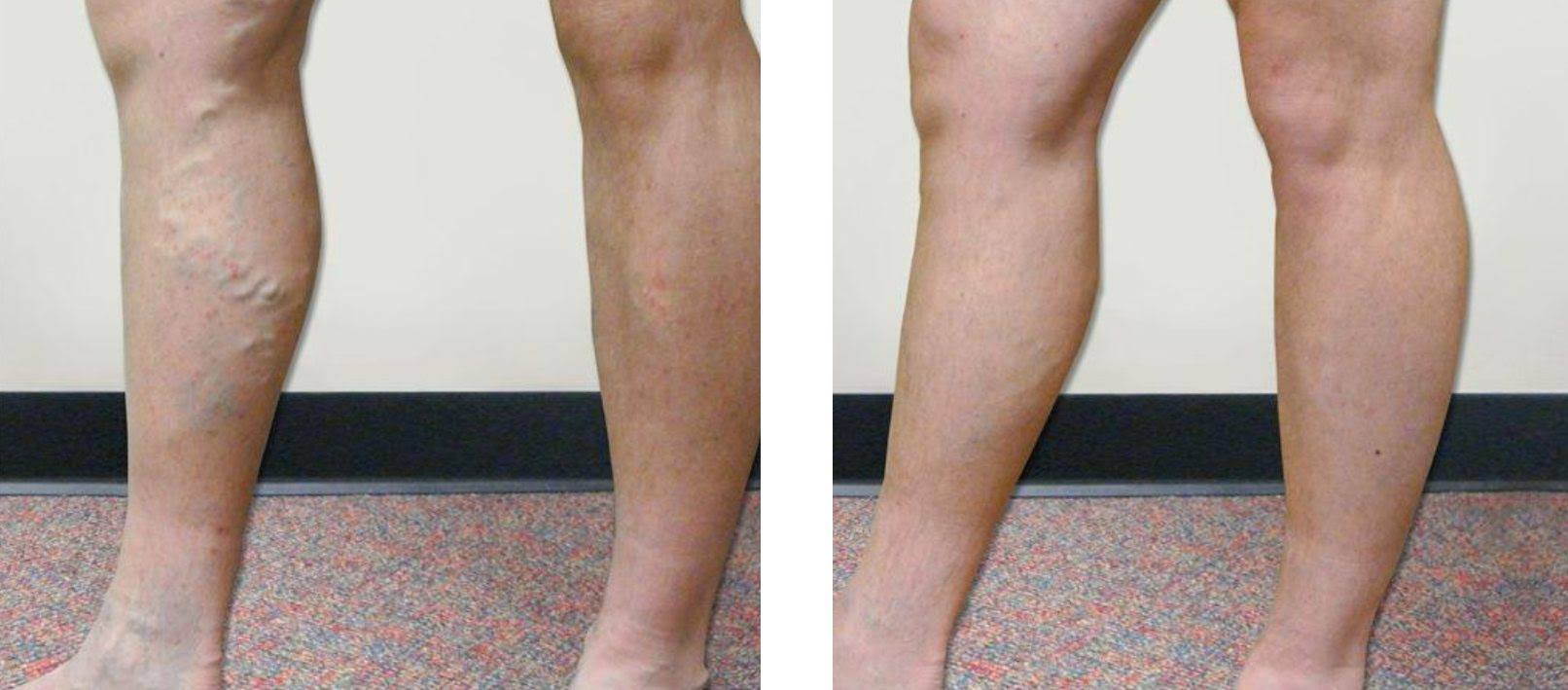If you have risk factors for vein disease, it is best to have a comprehensive vein screening and assessment before symptoms develop to prevent potential complications.
Vein disorders tend to be progressive and chronic, which means if they are left untreated, they can worsen over time. Treatments tend to work best when the disorder is diagnosed early on.
These are the important reasons to schedule a screening:
-Vein Assessments are Non-Invasive and Painless – Venous examinations are typically performed via ultrasound, a non-invasive device that converts sound waves into images of your vessels.
-Determine the Cause of Your Varicose Veins – Varicose veins are often caused by an underlying condition known as venous reflux or venous insufficiency.
-Evaluate Other Complications – Varicose veins are unsightly, may be painful and in some cases, are the tip of the iceberg.
-Rule Out Blood Clot Risk – While varicose veins and blood clots do not always occur simultaneously, there is a slightly higher risk of one if you have the other.
-Provide Information for Insurance Coverage – If an underlying medical condition is diagnosed, you may be eligible for coverage for some or all of your vein treatment.
Vein Disorders Evaluated During Your Screening:
Varicose veins are commonly caused by an underlying vein condition known as chronic venous insufficiency. The increased pressure from this condition can lead to skin irritation and changes to the skin’s color and texture. If left untreated, some of those changes can become permanent. In addition, if a sore forms on the lower leg, it can become very large and difficult to treat. Known as venous ulcers, these sores are one of the most severe complications of varicose veins. You can be free from the concern over these skin ulcers and other possible skin problems. A Vein screening will provide early detection and treatment.

Deep vein thrombosis or DVT is a medical condition that can become very serious if it is left unchecked. Studies have indicated that patients with untreated varicose veins can be at higher risk for DVT. At Vein Specialists of the Carolinas, we want all of our patients to understand the potential risks associated with varicose veins, including DVT, to highlight the importance of a thorough vein evaluation when visible symptoms arise. If DVT is left untreated, it can evolve into a more serious medical condition, so treatment prior to complications makes for a better prognosis overall.
Superficial spider veins usually are not accompanied by any symptoms. In some cases, spider veins may result in a stinging or popping sensation, which often indicates the vessel has burst or broken. In other cases, spider vein sufferers may experience significant pain, aching and swelling. This may indicate an underlying vein issue exists, such as Chronic venous insufficiency (CVI) in a deeper vein of the leg. If your symptoms are a result of CVI, the problem will not go away on its own. In fact, CVI that is left untreated can progress, leading to even more prominent symptoms and even skin changes around the affected vein. While some of these symptoms will disappear once the vein is treated, others could become permanent. That is why it is so important to address these underlying problems as soon as possible to ensure more permanent complications do not develop.
PHLEBITIS or the full medical name(s) “Superficial Thrombo Phlebitis” (STP) or “Superficial Venous Thrombosis” (SVT) is a blood clot that forms in a superficial vein or varicose vein. Sometimes the varicose vein is deeper under the skin and cannot be seen, but when it clots it gets red, warm, and tender on the skin. Don’t assume it’s nothing.
These are just some of the vein disorders you may recognize. For a more detailed and comprehensive explanation please visit our Veins Specialist of the Carolinas website for Vein Disorders. Most of these vein disorders are conditions that can be effectively diagnosed and treated by a vein specialist. Vein screenings are quick, painless and may help you avoid more serious complications of your condition in the future.
At Vein Specialists of the Carolinas, we offer venous examinations in our ICAVL-accredited vascular lab.
The examination includes the ultrasound assessment, digital photography of your legs and a consultation with Dr. Draughn. Once your examination is complete, we also offer a variety of minimally-invasive vein treatment options that allow us to customize your procedure to your specific needs. To learn more, contact Vein Specialists of the Carolinas at 704-861-2072 or 704-544-5245.
SCHEDULE AN APPOINTMENT TODAY!

